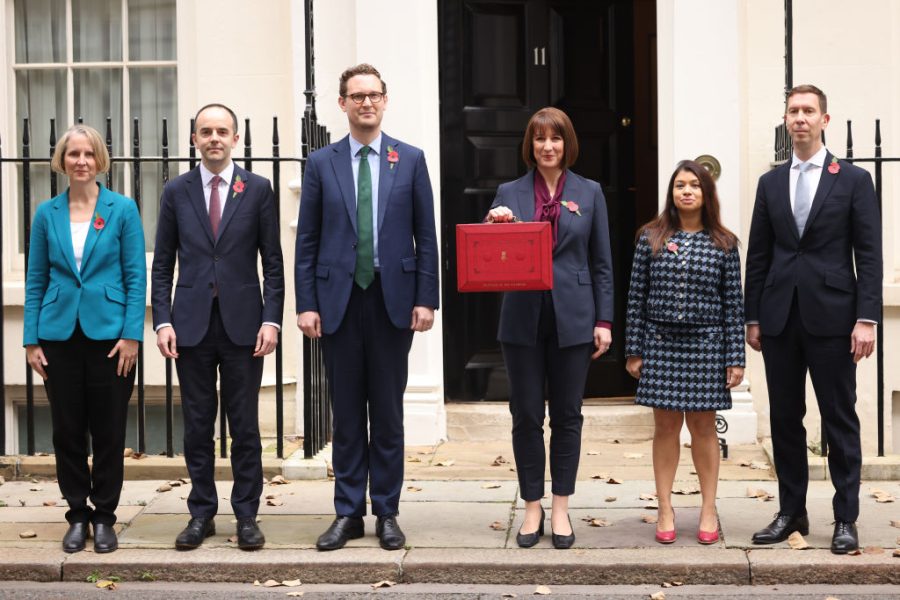‘Judge us by whether, in five years’ time, you have more money in your pocket,’ Keir Starmer told the Mirror earlier this week. This comment came ahead of his speech in the West Midlands, which was designed to prepare the country (and markets) for the Budget. ‘Everyone can wake up on Thursday and understand that a new future is being built, a better future,’ he said in his address. The message was clear: tough decisions now would lead to a brighter – and more prosperous – future in the UK.
In simple terms, the tax hike is set to redirect cash from workers’ wages to the Treasury instead
Has that promise been delivered? The difficulty for Starmer and his government is that between Rachel Reeves’s Budget delivery on Wednesday and people waking up on Thursday morning, the Office for Budget Responsibility (OBR) publishes its assessment of the Treasury’s measures. In addition to dashing the party’s hopes of creating a booming economy, the independent body’s assessment also dealt another blow. Despite the Chancellor taking a pop at the previous government for overseeing ‘the worst parliament on record for living standards’, Labour’s first fiscal event has its own cost of living problem: it is set to slash the growth in households’ disposable incomes.
According to the OBR, real household disposable income per person is currently 2 per cent higher today than the previous forecast suggested – an outcome largely due to data revisions. Yet by 2029, it’s estimated that this figure will be 1.25 per cent lower than March’s forecast – a fall that is almost completely explained (the OBR attributes 85 per cent of it) by the measures in Reeves’s Budget.
This reduction in disposable income growth is part of a larger Budget story: the indirect impact of measures on the people Labour promised to protect. Not only is the £25 billion tax hike on employer National Insurance forecast to reduce workforce participation (likely removing job opportunities for the lowest paid) – the OBR also estimates that the majority of the cash for the tax hike will be found by lower workers’ wages and higher consumer prices.
That a tax hike on employers would become a tax hike on workers was widely warned about in the run-up to the Budget. And the OBR seems to agree: in the first year of the NI tax hike, the body forecasts ‘firms pass on 60 per cent of the higher costs to workers and consumers, via lower wages and higher prices’. By 2026-27, it assumes ‘76 per cent of the total cost is passed through lower real wages’. In the longer term, the estimate is that ‘four-fifths comes through lower nominal wages and one-fifth via higher prices’.
In simple terms, the tax hike is set to redirect cash from workers’ wages to the Treasury instead. A similar point is made by the OBR about real household incomes: the dip over the course of the Parliament shows the government is ‘shifting real resources out of private households’ incomes in order to devote more resources to public service provision'.
So, more cash spent by the Treasury, less by the earner. But will workers agree these are pounds well spent?
Listen to more on Coffee House Shots:







Comments